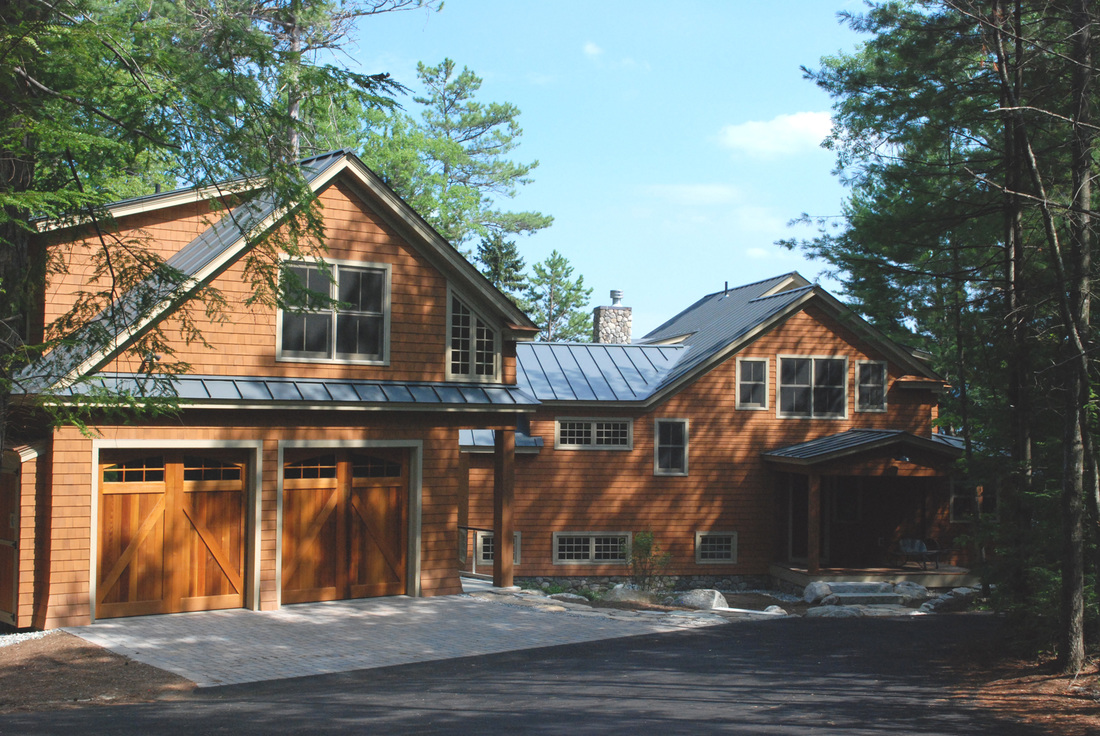Save Energy, It's Money in the Bank!
Not everyone can design and build a new, completely energy efficient home. However, everyone can learn ways to save energy and use clean, renewable technologies at home, at work, and while driving. The Department of Energy has a wealth of information for consumers on their website (www.energysavers.gov) -- take a look and learn what you can do to make every day Earth Day. Here are some helpful hints:
- Install a programmable thermostat to keep your house comfortably warm in the winter and comfortably cool in the summer.
- Use compact fluorescent light bulbs with the ENERGY STAR® label.
- Air dry dishes instead of using your dishwasher's drying cycle.
- Turn off your computer, monitor and printer when not in use.
- Plug home electronics, such as TVs and DVD players, into power strips; turn the power strips off when the equipment is not in use (TVs and DVDs in standby mode still use several watts of power).
- Lower the thermostat on your hot water heater to 120°F, or install an "on demand" water heater.
- Take short showers instead of baths.
- Wash only full loads of dishes and clothes and run the loads during "off hours".
- Drive sensibly. Aggressive driving (speeding, rapid acceleration and braking) wastes gasoline.
- Look for the ENERGY STAR label on home appliances and products. ENERGY STAR products meet strict efficiency guidelines set by the U.S. Department of Energy and the Environmental Protection Agency.
- Visit http://www.energysavers.gov/ for more energy-saving ideas.
